Moscow has proposed June 2 as the date for the next round of talks with Ukraine in Istanbul, Russian Foreign Minister Sergey Lavrov said during a press conference.
In his remarks, Lavrov said the talks would be a continuation of the process launched during earlier negotiations on May 16 in Istanbul.
"In Istanbul, it was agreed that Moscow and Kyiv would prepare documents setting out the positions of each side to reach a sustainable resolution," Lavrov said. "The Russian side, as agreed, promptly drafted a corresponding memorandum, which lays out our position on all aspects of reliably overcoming the root causes of the crisis."
Under the guise of so-called "root causes," Russia has repeatedly reiterated its long-standing maximalist demands of Ukraine— the same ones it has voiced since the start of the full-scale invasion and has used as propaganda to justify its aggression against Ukraine.
Among them, Moscow insists Kyiv withdraw from four partially occupied Ukrainian regions it claims to have annexed.
Russia's memorandum also reportedly includes a written pledge that NATO will not expand further eastward, effectively blocking Ukraine, Georgia, and Moldova from joining, as well as the lifting of some Western sanctions, resolution of frozen Russian assets, and "the protection of Russian-speaking Ukrainians."
Lavrov added that the Russian delegation, led by presidential aide Vladimir Medinsky, is prepared to present this memorandum to the Ukrainian side and provide necessary clarifications during the second round of negotiations in Istanbul on Monday, June 2.
Ukrainian officials have not publicly commented on the proposed meeting.
Earlier on May 28, Medinsky claimed he personally called Ukrainian Defense Minister Rustem Umerov to suggest holding a meeting "in the coming days" to exchange draft memoranda outlining conditions for a potential ceasefire.
During the first round of talks in Istanbul the two sides failed to reach agreement on a 30-day ceasefire. Ukraine had offered an immediate halt to hostilities, an all-for-all prisoner swap, and a meeting between Presidents Volodymyr Zelensky and Vladimir Putin. Russia refused, instead sending a low-level delegation.
The only decision reached during the talks was an agreement on a 1,000-for-1,000 prisoner exchange.
Putin-Zelensky meeting possible after ‘specific agreements,’ Russia says
“Our position on the fundamental possibility of such a meeting has not changed,” Kremlin spokesperson Dmitry Peskov said.

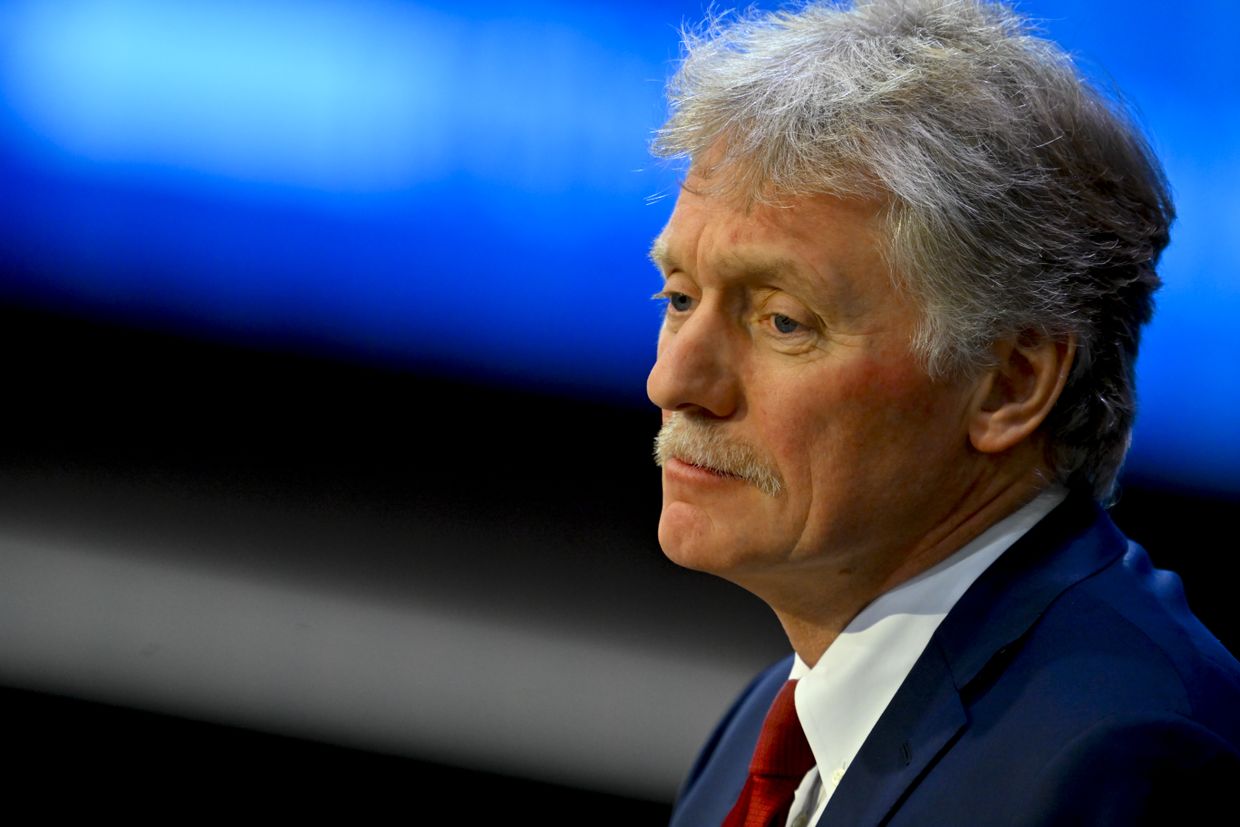
.png)
 German (DE)
German (DE)  English (US)
English (US)  Spanish (ES)
Spanish (ES)  French (FR)
French (FR)  Hindi (IN)
Hindi (IN)  Italian (IT)
Italian (IT)  Russian (RU)
Russian (RU)  3 days ago
160
3 days ago
160

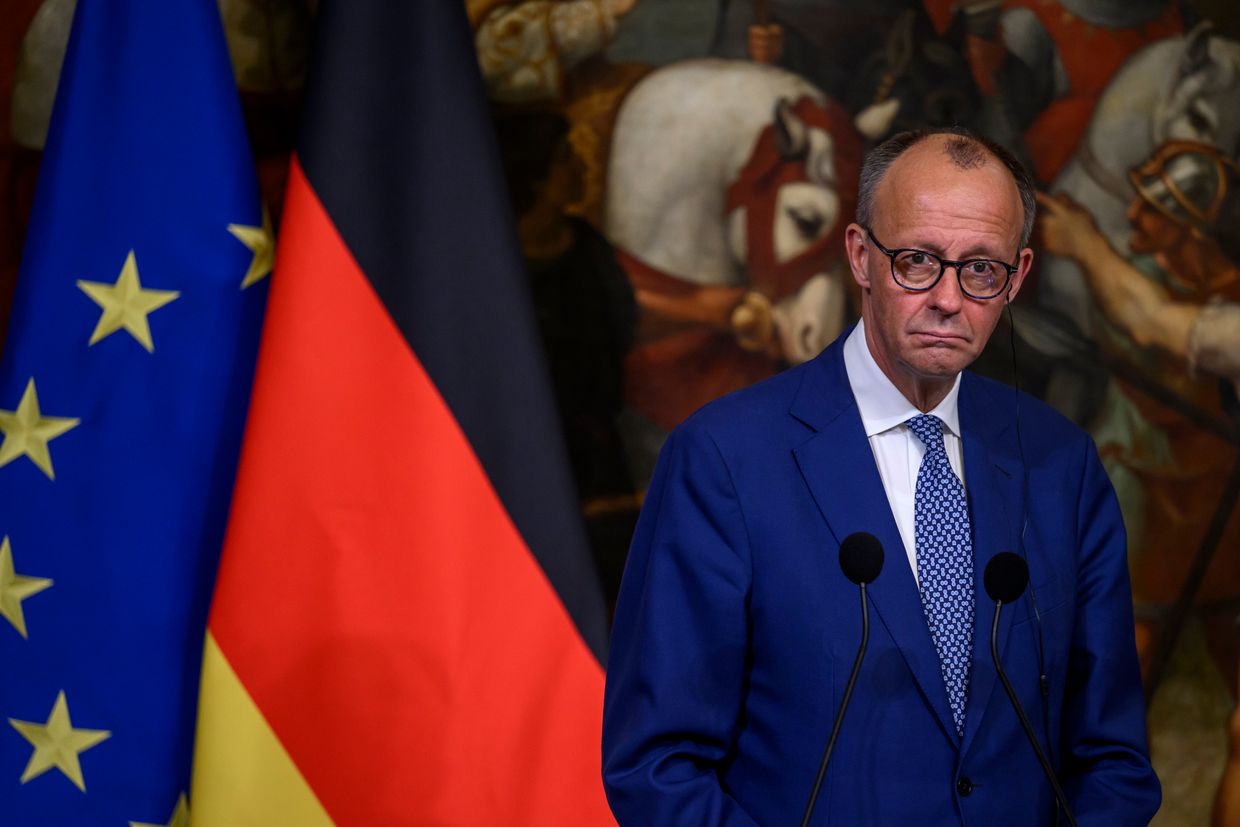
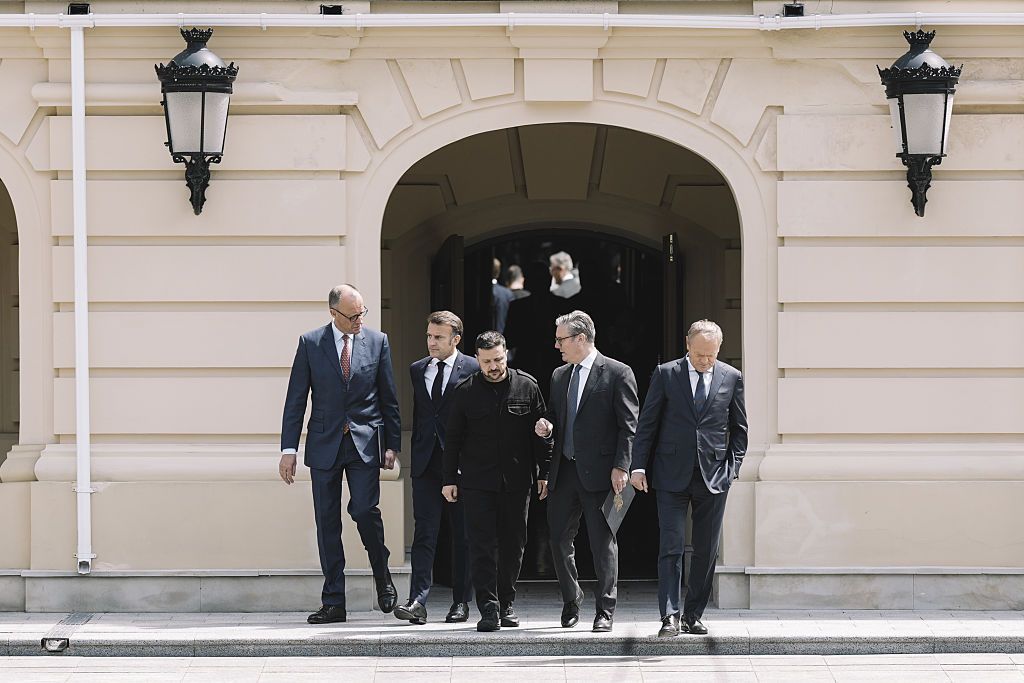
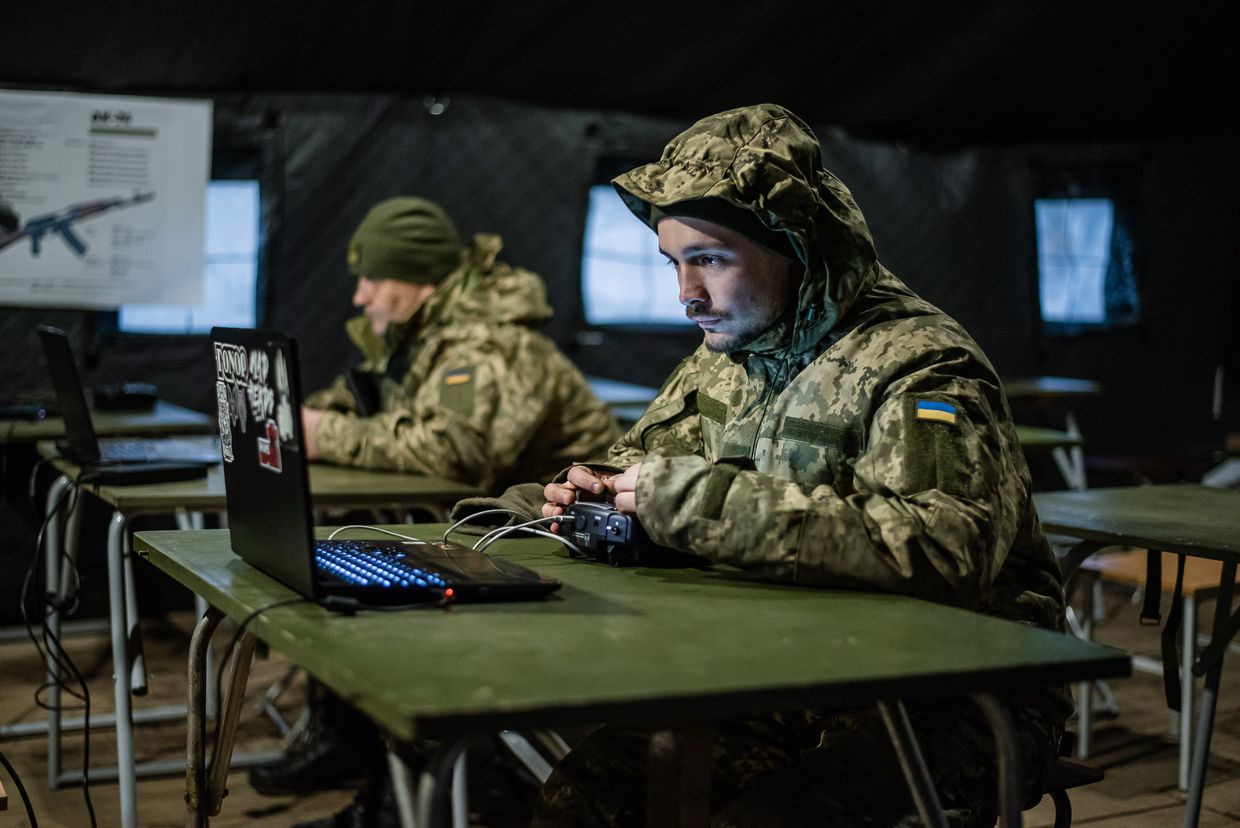
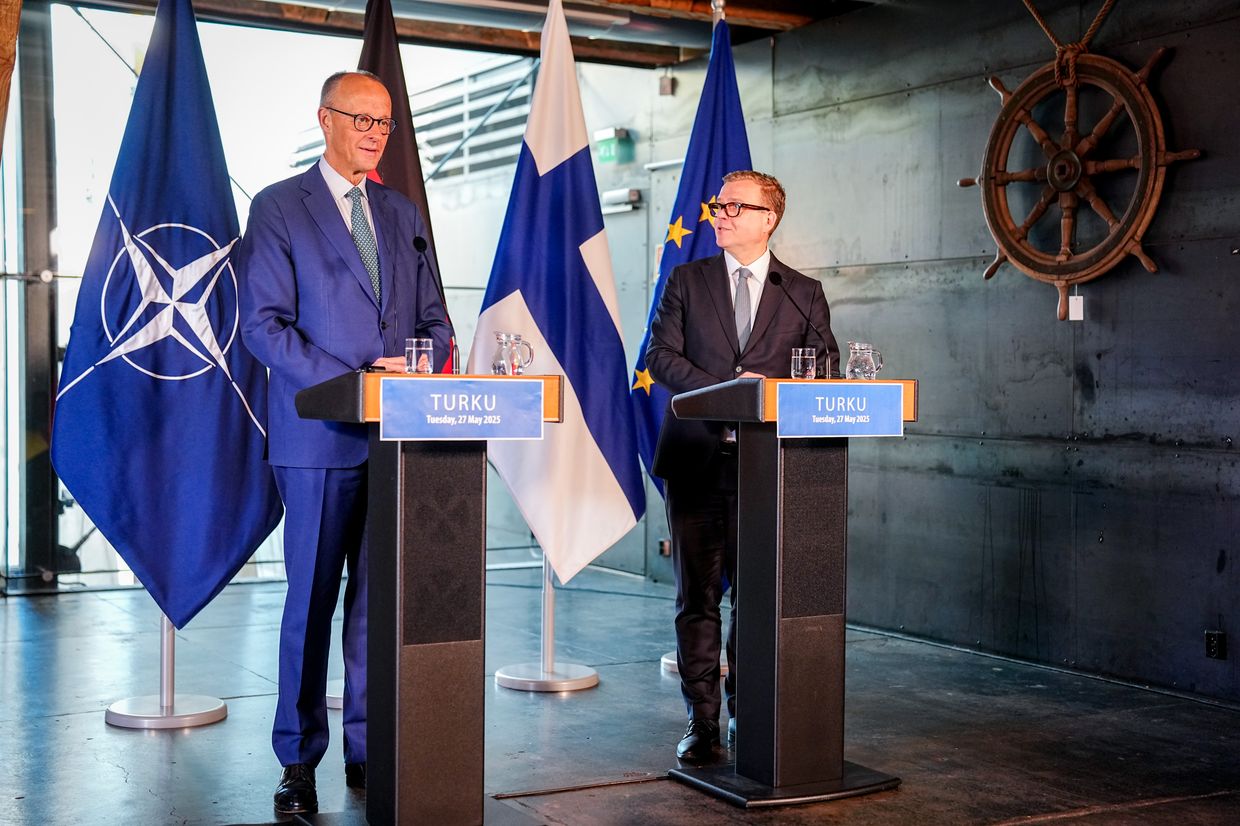
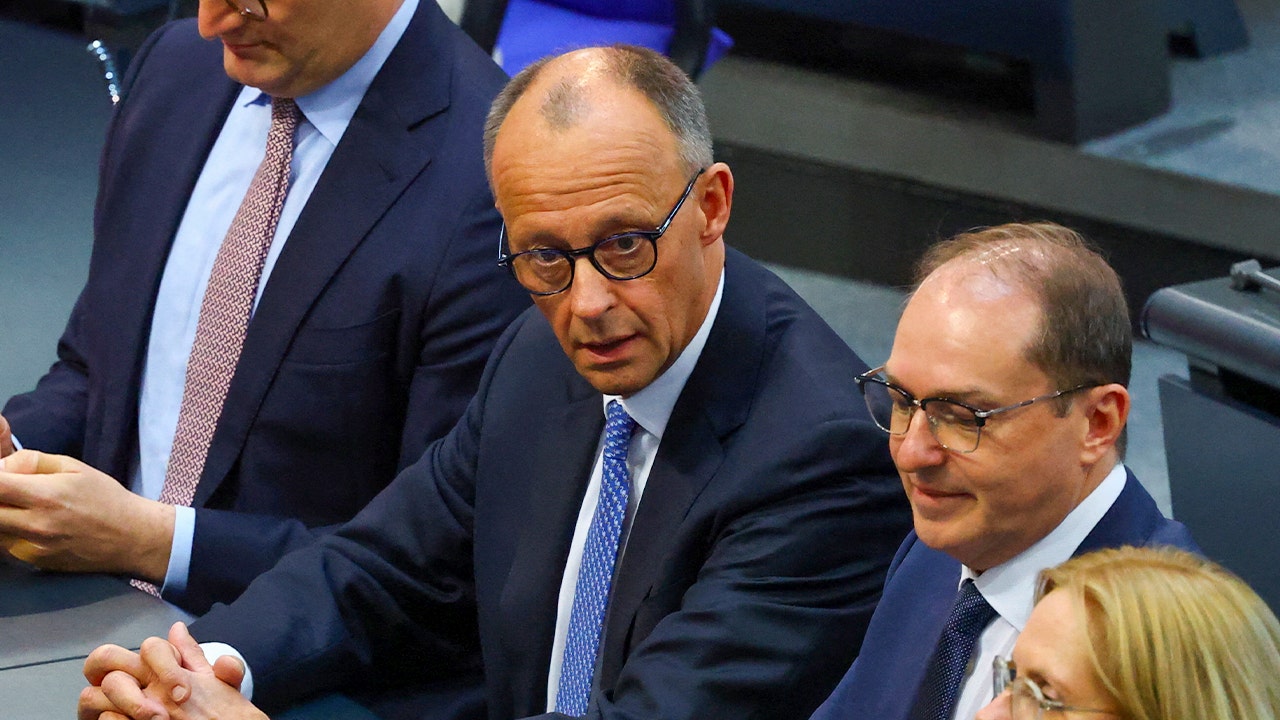

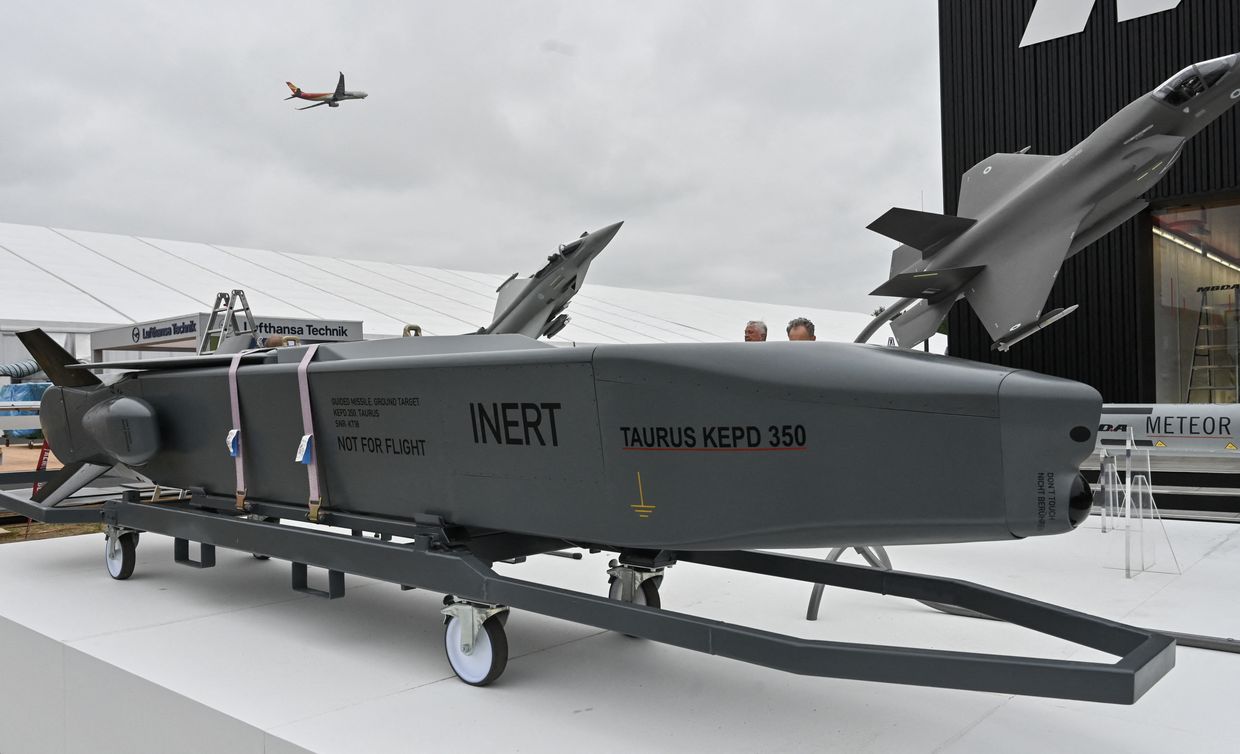
Comments